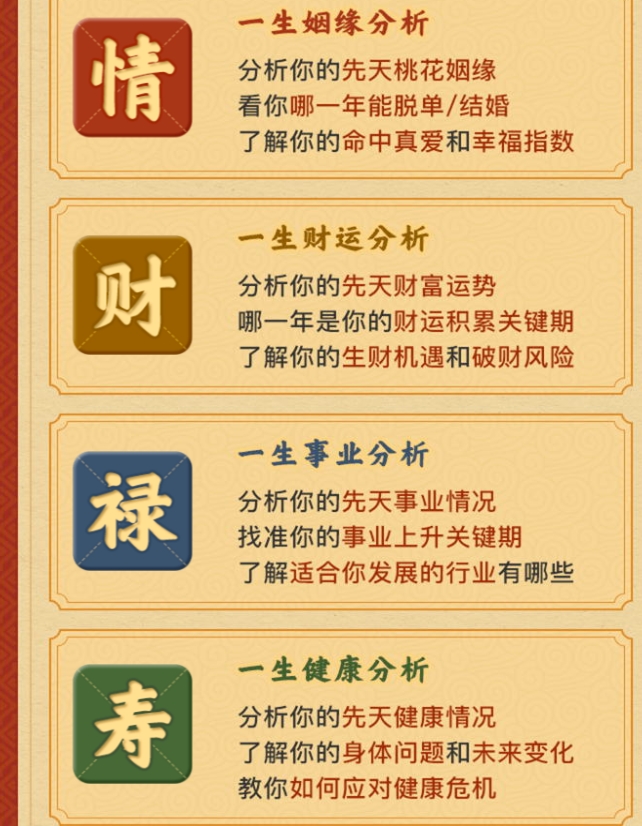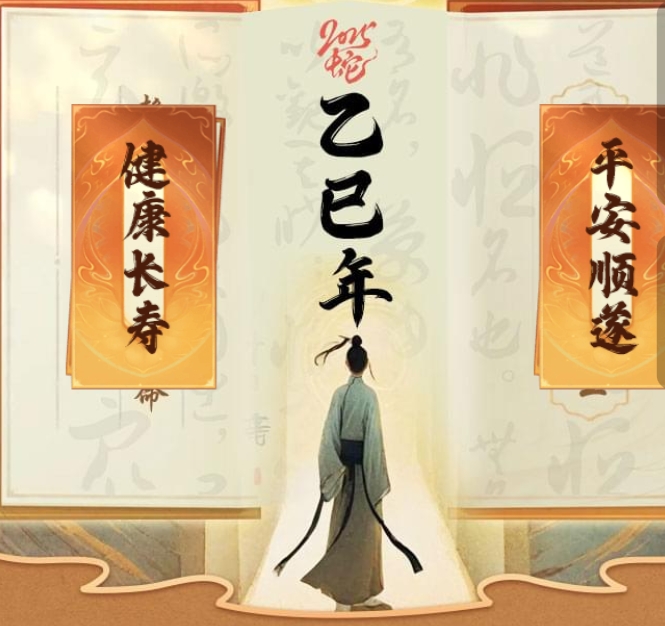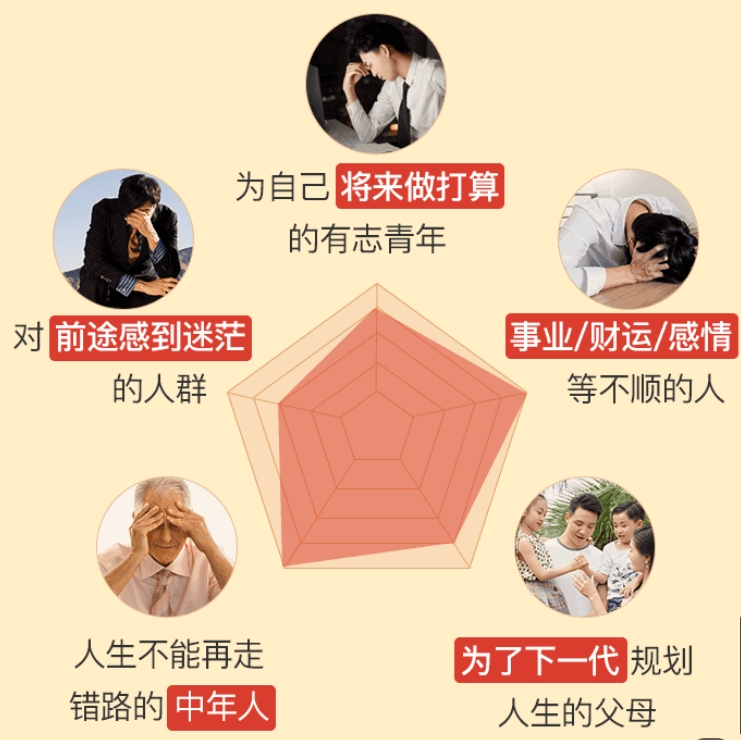How to Say Today's Holiday in English?
Ever found yourself staring at the calendar, wondering how to explain Chinese holidays to foreign friends? You're not alone! With China's rich cultural heritage, our holidays can be downright confusing for outsiders. Let's break down how to talk about today's special day in English no fancy degrees required, just plain old practical knowledge.
First things first China's holiday system mixes traditional festivals with modern celebrations. The government officially recognizes seven major public holidays: Spring Festival, Qingming Festival, Labor Day, Dragon Boat Festival, Mid-Autumn Festival, National Day, and New Year's Day. Each carries unique cultural significance that often gets lost in translation.
Take today's date April 29th. In 2025, this falls right before the Labor Day holiday period. While not a traditional festival itself, it's part of the Golden Week adjustment where workers get consecutive days off. Westerners might call this a "bridge day" when it connects weekends to create longer breaks.
The key to explaining holidays lies in balancing literal translation with cultural context. For example:
- 春节 becomes "Spring Festival" (literal) or "Chinese New Year" (cultural)
- 中秋节 translates to "Mid-Autumn Festival" but foreigners better understand "Mooncake Festival"
- 国庆节 is technically "National Day" though foreigners may call it "China's Independence Day" by analogy
Pronunciation matters too! Many learners stumble over "Qingming" (say "ching-ming") or "Duanwu" ("dwan-woo"). The pinyin system helps, but listening to native speakers remains crucial. YouTube channels like "Chinese Holiday Explained" offer great audio examples.
Cultural differences create translation headaches. Western holidays emphasize religion or historical events, while Chinese festivals often link to agricultural cycles or legendary tales. The Dragon Boat Festival commemorates poet Qu Yuan's suicide try explaining that to confused coworkers!

Modern China has also adopted some Western holidays like Christmas and Valentine's Day, creating hybrid celebrations. Young couples might celebrate both Qixi Festival (Chinese Valentine's) and February 14th, doubling the romance and confusion!
Regional variations complicate things further. The same festival might have different names or customs across China. Mid-Autumn Festival in Guangzhou differs from Beijing's celebration, just like Thanksgiving varies between New York and Texas.
When explaining holidays, focus on three elements:
- Name Standard English translation
- Date Solar or lunar calendar position
- Key Activities What people actually do
Let's practice with today's context. If explaining the upcoming Labor Day break:
- "We're having a five-day holiday starting May 1st for International Workers' Day"
- "The government adjusted weekends to create this long weekend"
- "Many people travel during this peak season, so book tickets early!"

Holiday foods provide great conversation starters. Every major festival has signature dishes:
- Spring Festival = dumplings
- Dragon Boat Festival = zongzi
- Mid-Autumn Festival = mooncakes
Workplace etiquette around holidays deserves attention. Chinese companies typically give statutory holidays plus annual leave, while Western firms might offer floating holidays. Explaining why everyone works Sunday before a holiday helps avoid confusion.
Historical context enriches holiday explanations. For instance:
- Qingming Festival originates from ancient tomb-sweeping traditions
- Labor Day became official in 1999 to stimulate domestic tourism
- National Day marks the 1949 founding of People's Republic
Common mistranslations to avoid:
- Calling Spring Festival "Lunar New Year" (other cultures celebrate too)
- Translating 光棍节 as "Bachelor's Day" (Singles' Day works better)
- Saying "China's Thanksgiving" for Mid-Autumn Festival (misleading comparison)
Digital tools can assist holiday explanations. Apps like Pleco provide accurate translations, while websites like China Highlights offer updated holiday calendars. Just remember machines can't replace cultural insights from real people.

So why does April 29th matter in 2025? It's the adjusted workday before Labor Day, creating that precious five-day break. While not a festival itself, these scheduling quirks define modern Chinese holiday experiences. Foreign colleagues will appreciate knowing why offices close unexpectedly!
Teaching foreigners about Chinese holidays builds cultural bridges. Start simple with dates and activities, then gradually introduce deeper meanings. Most importantly be patient! Even Chinese people debate proper festival customs, so there's no single "right" way to explain them.
Next time someone asks about Chinese holidays, you'll be ready with accurate English terms and relatable explanations. Whether it's describing mooncakes or explaining shifted workdays, you're now equipped to share China's vibrant festival culture with the world.